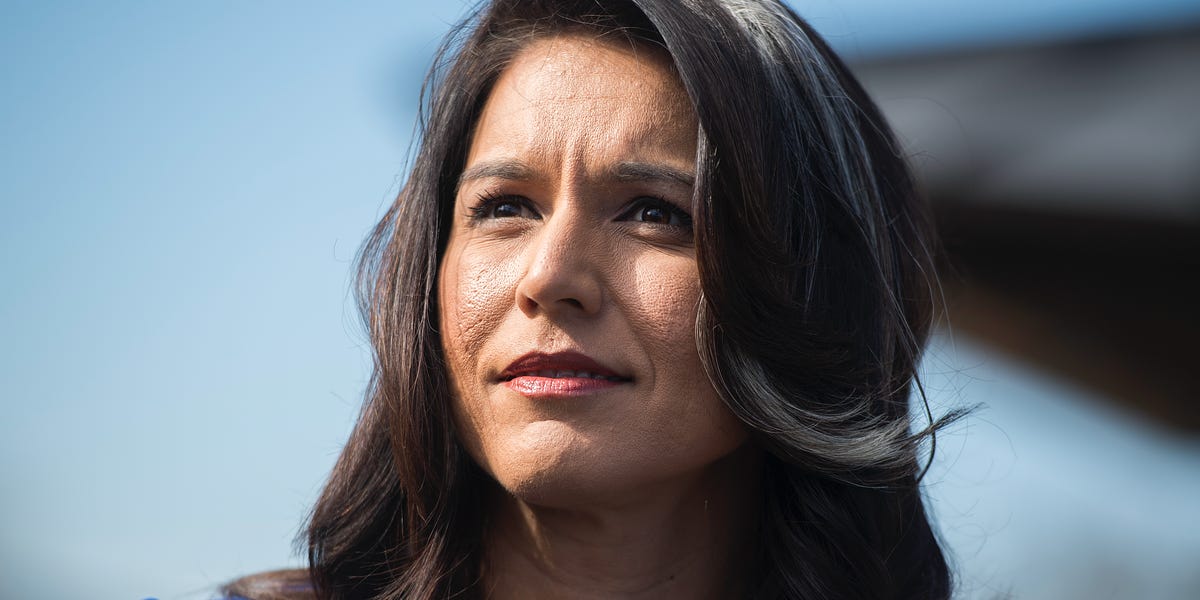You are using an out of date browser. It may not display this or other websites correctly.
You should upgrade or use an alternative browser.
You should upgrade or use an alternative browser.
Today in Fascism
- Thread starter Hüsker Dü
- Start date
Projecting will get everywhere with you likeminded trolls. So cute and clever you are, continue.
So much for being on your ignore list. / <<chuckle>> / Please continue.
Like-minded trolls? That's pretty rich coming from the lead troll from the Lollipop Guild.
Hüsker Dü
DA
Did you think you were posting as crush?So much for being on your ignore list. / <<chuckle>> / Please continue.
Like-minded trolls? That's pretty rich coming from the lead troll from the Lollipop Guild.
kickingandscreaming
PREMIER
If you haven't figured it out yet, the new talking points for the dems are, "Don't say anything". It plays to the state that Kamala appears the least incompetent ... silence. The beauty of it for us is that it's the same for little e and du.
kickingandscreaming
PREMIER
More enforcement behaving badly that little e missed. Stasi level stuff from our Democratic leadership. Thank God the adults in the room are protecting democracy 

 www.racket.news
www.racket.news


American Stasi: Tulsi Gabbard Confirms "Quiet Skies" Nightmare
Placed on a terror watch list, the former Hawaii congresswoman and her husband were tailed by Air Marshals and bomb dogs. "Unconstitutional on every level," she says. "And I'm not the only one."
You are dumb enough to think that.Did you think you were posting as crush?
Yep. You're Espola Fudd. Nobody else on this site responds to their own posts.
You forget what profile you were logged into?
WHO is Coach Walz?
Stolen Valor
Deserter
Went over chain of command to get out of going to Fallujah
DUI as a schoolteacher/coach
Lied about winning a high school championship
Mandated the Mask
Put the Elderly with Covid 19 in Nursing homes and they died
Mandated the jabs or your fired
Mandated "Timmy Tampons" in all the boys bathrooms
Stolen Valor
Deserter
Went over chain of command to get out of going to Fallujah
DUI as a schoolteacher/coach
Lied about winning a high school championship
Mandated the Mask
Put the Elderly with Covid 19 in Nursing homes and they died
Mandated the jabs or your fired
Mandated "Timmy Tampons" in all the boys bathrooms
He Dumb and his evil twin is DumberYou are dumb enough to think that.
It's okay. Fudd just replied to one of his Du posts without logging out as Du.Oh no. @Slobodan is here as well
You have to have serious skill to pull off what espola has been doing for years, playing multiple avatars and then projecting what he's truly doing to saying crush is Pew Pew, Slobodan among others. New Wave Dave is having fun with all this. All I have been with everyone on here is honest. Coach Walz and Kamala are now saying Coach misspoke regarding his military service in Iraq. The truth is, he lied and got caught.It's okay. Fudd just replied to one of his Du posts without logging out as Du.
Makes sense. JoeTato lied about his education. Kamalatoe lied about going to the border. Tampon Tim needs to be loyal to the flock.You have to have serious skill to pull off what espola has been doing for years, playing multiple avatars and then projecting what he's truly doing to saying crush is Pew Pew, Slobodan among others. New Wave Dave is having fun with all this. All I have been with everyone on here is honest. Coach Walz and Kamala are now saying Coach misspoke regarding his military service in Iraq. The truth is, he lied and got caught.
Hüsker Dü
DA
Ok, take deep breaths and relax. If you have meds find them.Great job @crush. Our posts are one minute apart. @Hüsker Dü is really going to lose his mind now.
And with @Slobodan checking in too this morning...HD is gonna have to pour himself a double this morning!!
We must all be the same person. THUN THUN THUN!!
Hüsker Dü
DA
I am dumb, I know that. That’s why I come in here. Scientifically it’s referred to as the Walmart effect.You are dumb enough to think that.
So now you're posting what the voices in your head are telling you.Ok, take deep breaths and relax. If you have meds find them.
Sorry to hear that. Go pour yourself another double.


